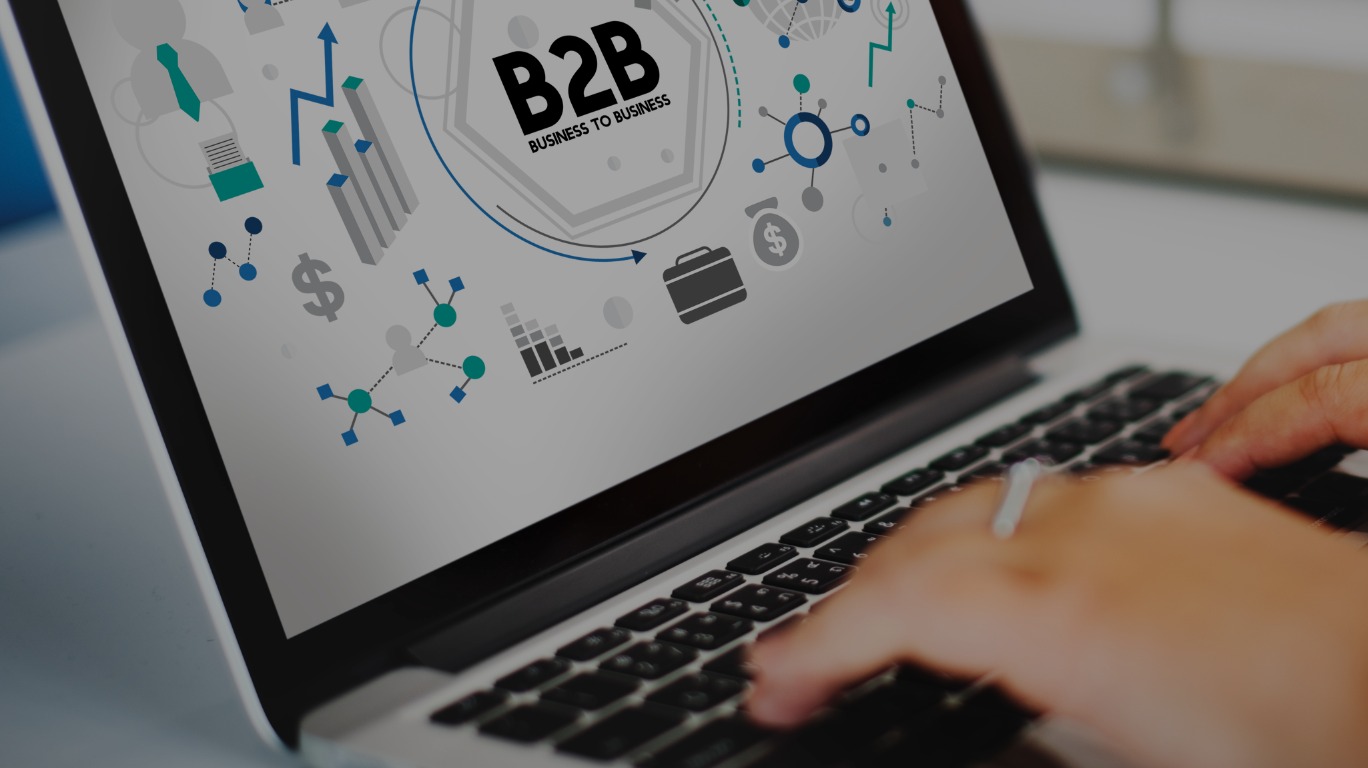Before discussing the nuances of Business Intelligence, we focus on why companies need help to have a good reporting process.
- Data Accuracy and Consistency: Ensuring the data used in the reporting process is accurate and consistent can be challenging, particularly if the data comes from multiple sources.
- Data Availability: Gathering the necessary data promptly can be challenging, especially if the data is stored in multiple systems or databases.
- Data Integration: Integrating data from multiple sources into a single report can be challenging and time-consuming, particularly if the data is stored in different formats.
- Data Security: Protecting sensitive and confidential data during the reporting process is crucial but can be challenging if the business lacks proper data security measures.
- Reporting Timeliness: Generating reports promptly can be challenging, particularly if the business has a large volume of data to process or limited resources to dedicate to the reporting process.
- Report Customization: Meeting the specific reporting needs of various stakeholders within the business can be challenging, mainly if the business has limited resources to dedicate to report customization.
- Data Governance: Ensuring the data used in the reporting process is managed correctly, governed, and controlled can be challenging, notably if the business lacks a strong data governance program.
These are just some reasons to introduce you to the issues that companies might face.
Understanding Business Intelligence:
Business Intelligence (BI) refers to organizations’ tools, systems, and practices to analyze and present data to make informed business decisions. BI aims to provide managers and decision-makers with insights and information that they can use to improve their businesses and make better decisions. BI technologies can help organizations collect, and store, access, and analyze data from various sources, including databases, spreadsheets, and the web.
BI is a broad term is a broad term that encompasses various activities, technologies, and tools organizations use to gain insight into their business operations and performance. The main objective of BI is to turn raw data into meaningful and actionable information that can be used to make informed decisions.
BI Solutions can include:
- Data Warehousing: Collecting, storing, and managing large amounts of data from various sources.
- Data Mining: Analyzing and uncovering patterns and relationships in data.
- Dashboards and Visualizations: Creating interactive visual representations of data to help users quickly understand trends and patterns.
- Reporting: Generating regular reports that provide an overview of business performance.
- Predictive Analytics: Using statistical models and algorithms to predict future trends and outcomes.
- Collaborative Decision-making: Enabling teams to work together and share insights to make better decisions.
Understanding How Business Intelligence Services help companies improve their planning and reporting:
Business Intelligence (BI) can considerably boost a company’s planning and reporting efforts. The utilization of BI Services can result in the following advantages:
- Data collection from various sources such as databases, spreadsheets, and cloud services.
- The transformation of data into meaningful insights through visualization and analysis.
- Automation of report and dashboard creation, making it easier to track key performance indicators.
- Improved collaboration and information sharing between teams, promoting transparency and alignment.
- The ability to predict future trends and outcomes using predictive analytics and machine learning.
- Identification of areas for improvement through pattern analysis.
- Real-time monitoring of performance with custom dashboards and alerts.
- Data-driven decision-making through access to accurate information.
- Enhanced customer satisfaction through a deeper understanding of customer needs and preferences.
- Streamlined budgeting and forecasting processes through data automation.
- Improved strategic planning through access to data-informed insights.
- Improved data quality and accuracy through effective data governance and management practices.
In Conclusion, Business Intelligence Services can provide numerous benefits to a company regarding planning and reporting. It allows companies to analyze large amounts of data, gain insights into their operations, and make informed decisions based on the results. With accurate and up-to-date data, businesses can identify trends and patterns, monitor performance, and align their strategies with their goals. Furthermore, Business Intelligence Services can streamline and automate the reporting process, saving time and resources while providing a more efficient and effective way to manage the company’s data. By leveraging Business Intelligence Services, companies can make data-driven decisions and stay ahead of the competition in a rapidly changing business landscape.








